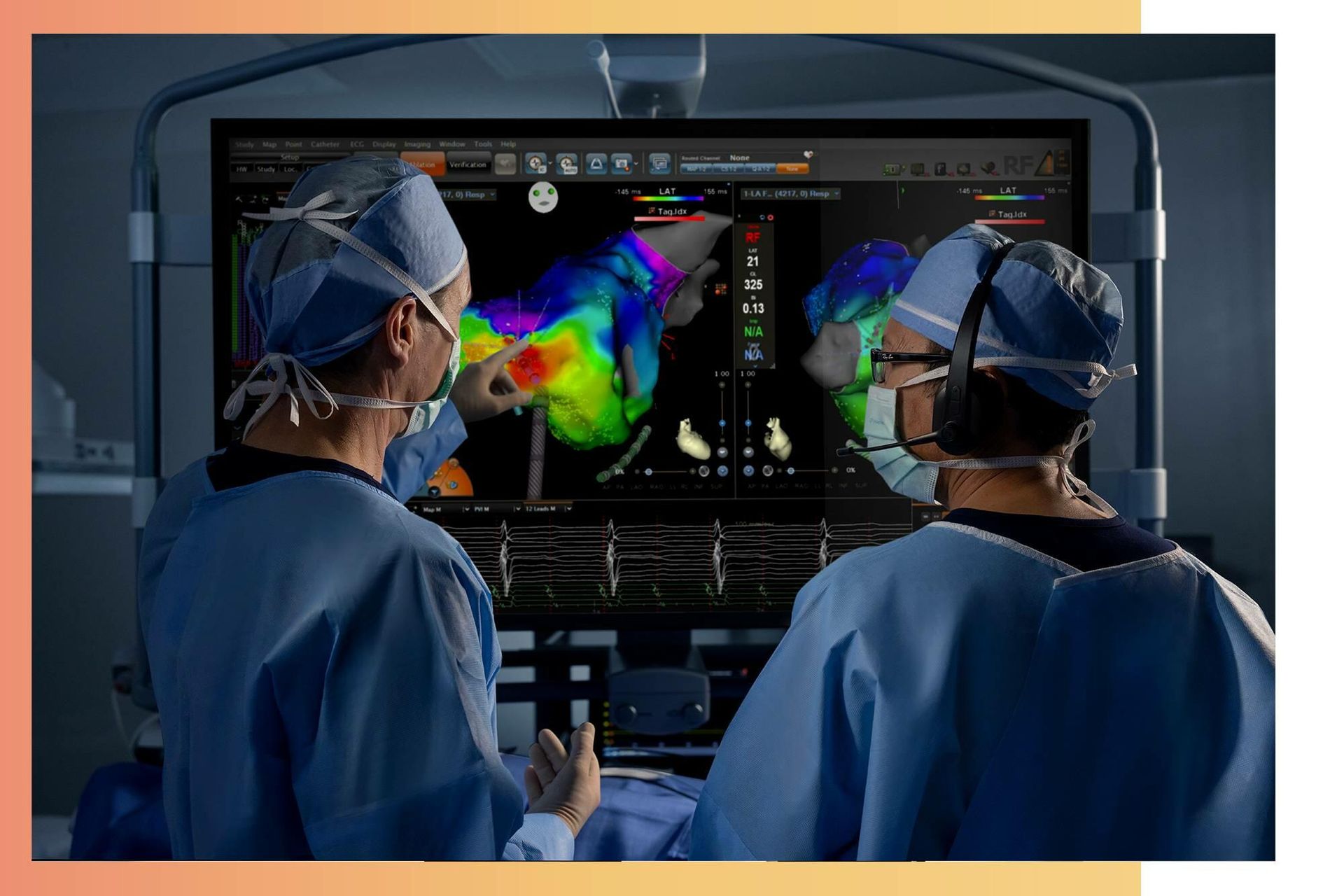The Top 10 Skills Every Psychiatrist Needs For Career Success
Psychiatry is a fascinating and rewarding profession and the demand for highly skilled psychiatrists is on the rise in many parts of the world, including the United Kingdom, Australia, New Zealand and Canada. As seasoned recruitment consultants specialising in the global medical sector, we have compiled a list of the top ten skills a successful psychiatrist should possess.
Psychiatry has some of the largest vacancy rates of any medical speciality in the Anglosphere countries (UK, Ireland, Canada, USA, Australia and New Zealand) and a significantly higher percentage of international medical graduates (IMGs) working in both specialist and training positions.
This creates attractive career prospects for IMGs with the potential for fast career progress with minimal competition, or at least less competition than faced in more popular specialities. And yet the speciality is not an appropriate choice for all physicians. Whilst considered to be less technical and procedural than most other medical specialities, it nevertheless requires an unique combination of special skills which must be developed to a higher level than in most specialist fields.
1. Active Listening Skills
Psychiatrists rely extensively on the interpretation of verbal and non verbal communication with patients and their families or carers to obtain a clear history of a patient's presenting complaint and progress. It is not sufficient to merely listen and record the words used to describe symptoms of mental disorder. The psychiatrist must observe the tone of voice, facial expressions, gestures and body movements of the speaker for clues about the mental state of the patient.
Throughout specialist training and a career of medical practice, the psychiatrist must focus on the development of advanced perceptual abilities which aid his or her understanding of the patient, the mental disorder and its impact on the patient. It is only with these skills that the psychiatrist can make a sound diagnostic formulation and appropriate management plan.
2. Strong Analytic Skills
The diagnostic challenge faced by the psychiatrist, often exceeds that of the general physician or surgeon. Symptoms are less clear cut, physical signs of mental disorder are few and the standard biochemical, haematological and radiological investigations often contribute little useful information. The psychiatrist is left with few clues and must dissect complex clinical information, often from multiple sources, to reach an accurate diagnosis. The ability to make sense of various bits of data is critical for effective patient management.
3. Excellent Communication Skills
The ability to communicate clearly and concisely with patients, their relatives and carers is integral to the practice of psychiatry. Mental illness is frightening for patients, and often even more so for family members. The role of the psychiatrist in maintaining open communication channels with logical, coherent and consistent messages is crucial for successful patient management.
Communication difficulties often arise where cultural and linguistic variation is prevalent. The psychiatrist must deal with a diverse range of people and must understand their unique perspectives. Clear, empathetic communication can enhance patient trust and foster a supportive therapeutic environment.
4. Empathy
Patients look for solace and understanding during their most vulnerable times. A compassionate psychiatrist can provide comfort during this process, encouraging open communication. Working with patients grappling with mental disorders requires a tremendous amount of patience. For significant improvements to happen, time and persistence are key.
5. Resilience
Psychiatrists often grapple with challenging cases and intense emotional, and at times, dangerous situations. Psychiatric illnesses can run a lengthy course with little improvement, fluctuating symptoms and repeated relapses. Unlike the surgeon who produces an immediate result at the end of an operation, the psychiatrist rarely has such fast and decisive results. Outcomes of psychiatric treatment are often more vague and uncertain.
Hope must not be lost. The psychiatrist must demonstrate the ability to persevere with the treatment of patients even in the face of limited outcomes. Fortitude and resilience are necessary to weather these emotional storms.
6. Sound Ethical Practice
The upholding of patients' confidentiality and rights is essential for building strong, trusting therapeutic relationships and maintaining patients' dignity.
Psychiatry is the area of medicine which is probably most frequently in direct contact with the law. The preparation of medical reports for courts may form a sizeable component of a psychiatrist's work and it is essential that the psychiatrist has a thorough knowledge of the legal procedures in which he or she may have to assume the role of expert witness. On a daily basis, the psychiatrist may be called upon to assess and detain patients under Mental Health Acts in situations where the patient has lost functioning mental capacity and poses a risk to themselves or others.
7. Creativity
The practice of clinical medicine is often considered to be as much an art as a science. Whilst patient management protocols have attempted to impose a standard structure and procedure on the assessment, diagnosis and treatment of illness, these cannot adequately manage the individuality of all patient presentations. This is most obvious in psychiatry where clinical presentations are highly variable and may not confirm to a consistent pattern.
Effective psychiatrists inject creativity into their practice, actively listening, interpreting and analysing clinical presentations of their patients and using innovative therapeutic methods to assist them.
8. Assertive Advocacy
The role of psychiatrists goes beyond the traditional boundaries of clinical practice and strays into the realms of public policy towards mental health services and the mentally ill. Psychiatrists advocate for the well-being of their patients and for broader changes in mental health care using the following methods:
- Collaborate with patients: Psychiatrists work with patients as partners to empower them through shared decision-making and have a fiduciary responsibility to advocate for what is in their patients' best interest.
- Influence policy: Psychiatrists influence mental health policy.
- Educate the public: Psychiatrists educate the public about mental health and disorders.
- Partner with other professionals: Psychiatrists partner with other professionals and advocacy groups.
- Help patients exercise their rights: Psychiatrists can help patients become aware of their rights and exercise them.
9. Flexibility
Adaptability is crucial to successful psychiatric practice. Clinical presentations evolve in ways which are often unpredictable and unexpected. Therapeutic effectiveness of drugs and therapies is highly variable. No one-size-fits-all in psychiatry. Psychiatrists must adapt their approach based on the unique needs of each patient.
10 Lifelong Learning
Specialist training does not end with the board certification or fellowship. It must be continued, either formally or informally depending upon the jurisdiction of practice, with the pursuit of knowledge by means of research and study. As the understanding of psychopathology develops, treatments evolve and the psychiatrist must be at the forefront to maintain relevant in clinical practice.
Summary
- A successful career in psychiatry requires the motivation and ability to acquire and develop throughout one's career, the unique skill set of this challenging but rewarding speciality.
- A solid understanding of the legal framework of medical practice and the legal ramifications of impaired mental capacity or mental disorder is vital.
- The personal qualities of resilience, adaptability, creativity and perseverance are essential to surmount the challenges which will be faced in psychiatric practice.
- Good psychiatric practice requires highly developed analytic and active listening skills combined with clarity and consistency of communication.
- The psychiatrist must never cease his or her distinctive role as advocate for the mentally ill and impaired, the preservation of their rights, the betterment of their treatment and their compassionate treatment by society.
These ten skills are certainly not exhaustive, but they are the major principles which guide many successful and respected psychiatrists. If you are a psychiatrist seeking new opportunities or a junior doctor looking for training jobs at registrar or house officer level in psychiatry, please contact us to discuss potential opportunities. You can browse advertised jobs and upload your CV to get started.
Useful Resources
While you continue your search for a job in psychiatry, Odyssey Recruitment provides useful resources to keep your career moving in the right direction. Begin the application process now, and then learn more about how we can help you.
- 7 Essential Tips for Drafting a Compelling CV for Psychiatrist Jobs: learn how to write an expert CV template
- The 4 Stages of Medical Education in Australia and New Zealand
- New Zealand | Residency, Visas and Citizenship for Doctors and Dentists
- New Zealand | Understanding Medical and Dental Employment Contracts
- Practise Medicine and Dentistry in New Zealand - A Guide to the Healthcare System
3 November 2024
Share this post on Social Media


















